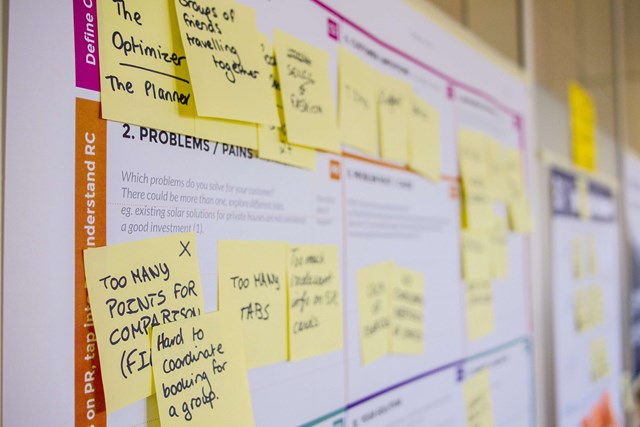Why DevOps? - and what is DevOps?
DevOps aims to create a more coherent and efficient development and operations process that enables faster delivery of high-quality software.
DevOps is a methodology or culture within software development and operations that aims to create a more agile and efficient process for developing, testing, delivering and maintaining software.
The name "DevOps" is a combination of "development" (development) and "operations" (operations), which emphasizes the close cooperation between development teams and operations teams, which is a central part of the DevOps philosophy.
Traditionally, development and operations teams have often worked in isolation from each other, which could lead to problems such as slow development processes, lack of communication, and inefficient operations. DevOps attempts to solve these problems by promoting collaboration, automation and agility throughout the software delivery pipeline.
Some key principles and practices of DevOps include:
- Automating build, test and deployment processes to speed delivery and reduce errors.
- Continuous Integration and Continuous Delivery (CI/CD), where changes are integrated and delivered in small, frequent iterations.
- Microservices and containerization to make applications more scalable and maintainable.
- Application monitoring and logging to identify and resolve issues quickly.
- Cultural changes, including interdisciplinary collaboration, trust and sharing of responsibilities.



